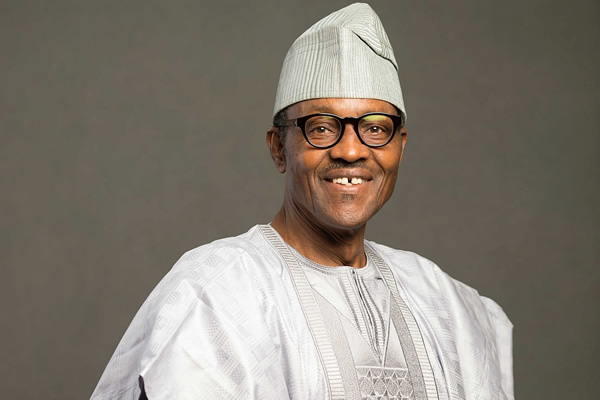
The constitution says that the president, in governing the country, should meet regularly with the members of the federal executive council. But it doesn’t say how often nor how regularly this meeting should be held.
This explains why former President Umaru Musa Yar’Adua initially decided to hold the federal executive council meeting every fortnight before reversing to the traditional weekly schedule.
Thus, President Muhammadu Buhari’s absence from the last two council meetings and the reasons given for the cancellation of the one immediately after the Easter holiday aren’t really the main issues. After all, the minister of information. Lai Mohammed, argued that president decided to stay away from one of the council meetings because he felt that the scheduled deliberations were going to be mild. The minister refuted reports that the president might have fallen ill again.
The real problem is this: How often has the president been meeting with members of his council, recently? The president would be violating the constitution if he doesn’t meet ‘regularly’ with his council.
Since ministers and members of council are supposed to be constantly in touch with the president, they are in positions to know the condition of the president. Little wonder that half of his ministers stayed away from last Wednesday’s council meeting, probably because they got wind that he wasn’t going to attend.
Apparently, because of the anticipated proximity to the president, the constitution gives members of the federal executive council the power to initiate impeachment proceedings when a president is found to be incapacitated as a result of ill health.
Currently, some members of council have struggled to convince the public that they had had audience with the president. For example, Usani Usani, Minister of Niger Delta Affairs, has been quoted to say that those who held opinions that he didn’t meet with the president last week were entitled to their opinions.
If the president continues giving instructions while resting and not seen in public, it won’t take time for people to start doubting the authenticity of these instructions. This could lead to all manners of speculations.
A president is a nation’s chief diplomat and spokesman. And spokesmen and diplomats are not expected to stay indoors. Countries and organizations analyze their speeches and body languages before taking important decisions. You can’t analyze the body language of a spokesman who is indoors.
Granted, the president could delegate functions to his ministers or vice-president. He doesn’t necessarily have to be everywhere. But sadly, in terms of delegation, the constitutional status of the vice-president is not really higher than that of ministers. This flaw in the nation’s constitution could result in political chaos.
Section 148(1) of the constitution states that: “The President may, in his discretion, assign to the Vice-President or any Minister of the Government of the Federation the responsibility for any business of the Government, including the administration of any department of government.” Strictly speaking, the relative power of the vice-president’s office depends on the powers delegated to it by the president.
If the president thinks he needs time to have some more rest, all he needs to do, again, is to transmit power, officially, to the vice-president. He has done it before and should do it again. This will send a clear message to all political actors that the vice-president is in charge.
This transfer of power would help the president get more quality rest and reduce all the tensions his temporary absence is currently causing.
Follow us on twitter @jimidisu
END

Be the first to comment